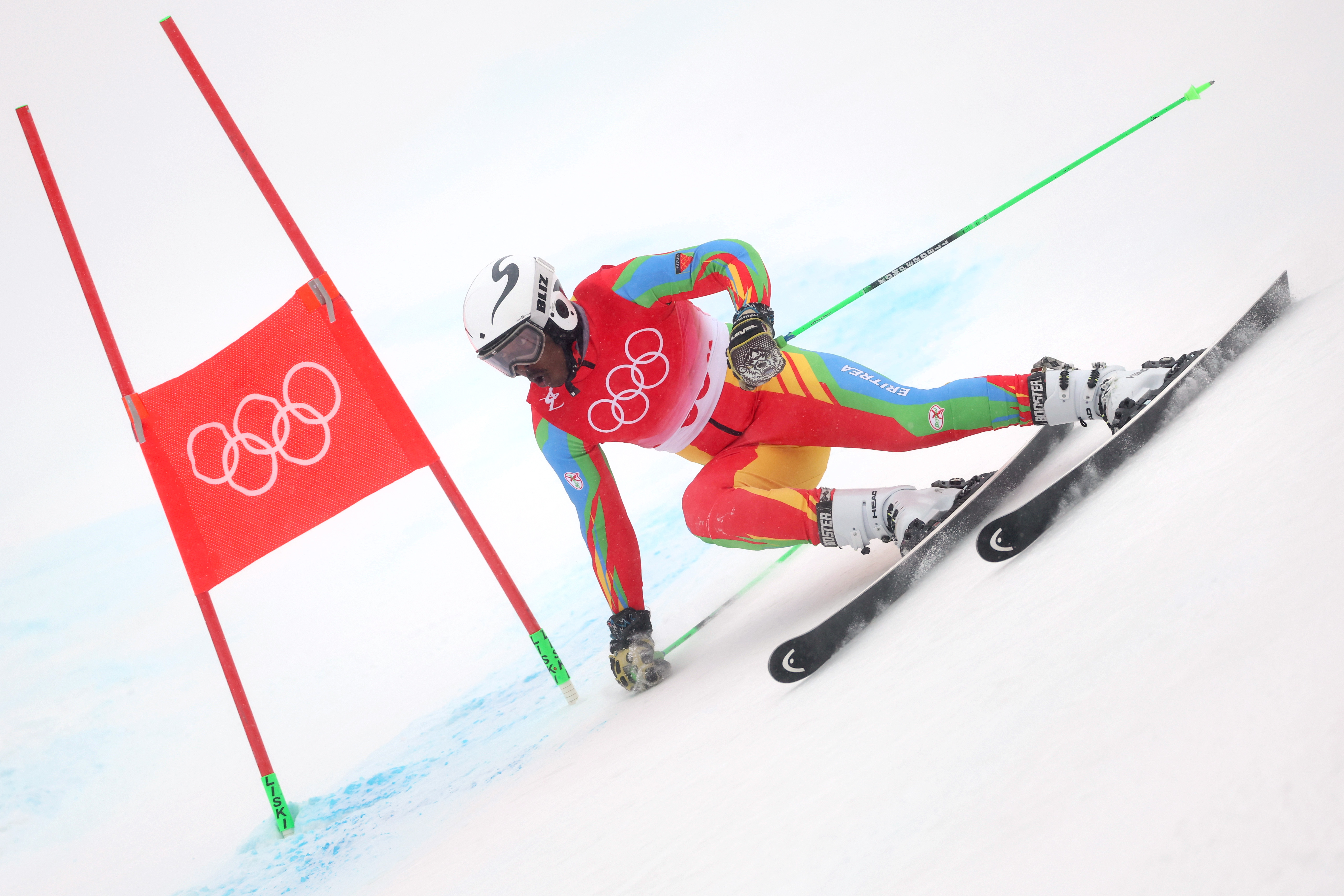Congratulations!
You have joined our growing community.
We will send a message to your email when our platform is available.
GOT IT

Shannon Abeda has spent over two decades carving out an identity as an elite alpine skier. A three-time Olympian and veteran of Team Canada, Shannon’s athletic career has taken him around the world and to the highest levels of competition. But even with a resume packed with international achievements, stepping away from sport came with new and unexpected challenges.
“I retired after the 2022 Beijing Games,” he says. “And I really struggled to find a network that understood my experience or even valued the skillset I was bringing to the table.”
Despite a background in software engineering and a strong academic record, Shannon found himself repeatedly overlooked in interviews. Many companies didn’t understand what it meant to be a full-time athlete and dismissed the gap where traditional internships or co-op programs might’ve gone.
“There wasn’t a lot of support when it came to navigating that transition,” he adds. “I had to reach out to friends who’d already gone through it to find my footing.”
A New Kind of Community
Shannon eventually found his way into roles in both the telecommunications and oil and gas sectors, balancing high-performance expectations on both sides of his career. What helped was leaning into the athlete network; connecting with teammates, mentors, and others who’d already made the leap.
“The job I ended up landing was actually at a company that’s known for sponsoring the Olympics,” Shannon shares. “Being able to talk about my experience as an athlete helped me stand out.”
It’s part of why he believes so strongly in the power of platforms like FreeAgent.
“There was never a backup plan when I was coming up,” he says. “You’re just told to focus on your sport and figure it out later. But that’s not enough. Athletes deserve tools and spaces that help them plan what’s next.”
Injury, Identity & Resilience
Shannon’s story is also one of perseverance: his list of injuries reads like a battle log.
But he doesn’t share this for sympathy, it’s to highlight the mental toughness athletes develop out of necessity. That same resilience is what helped him push through rejection in job interviews and climb into a leadership role as a software developer, overseeing major hardware development for all of Canada.
“In sport, you learn how to adjust on the fly,” Shannon explains. “You don’t have time to overthink things. You see a problem, you adapt. That mindset is what allowed me to succeed in my first corporate role.”
From the Slopes to the Office
As an individual athlete, Shannon developed strong instincts for self-leadership. But he’s also quick to point out that no athlete ever really goes it alone.
“The whole ‘individual sport’ thing is only part of the story,” he says. “Behind every result is a team of coaches, medical staff, mentors. It’s the same in business. It’s never just about one person.”
When asked how he sees FreeAgent reshaping the athlete experience, Shannon is clear.
“This platform is powerful,” he says. “It’s something I always thought needed to exist but never knew how to build. Seeing it come to life is exciting. I know it’s going to have a real impact.”
He also reflects on what younger athletes need to hear most.
“You are not just your sport,” he says. “That chapter will end eventually - whether by choice or circumstance. What matters is knowing your value beyond it. FreeAgent helps you discover that.”
One Word to Describe FreeAgent?
“Powerful.”
Shannon continues to train and compete, balancing his Olympic ambitions with a rising tech career. His story is proof that the discipline, grit, and leadership developed through sport doesn’t just apply to the podium, it applies everywhere.
Stay tuned for what’s next. He’s far from finished.